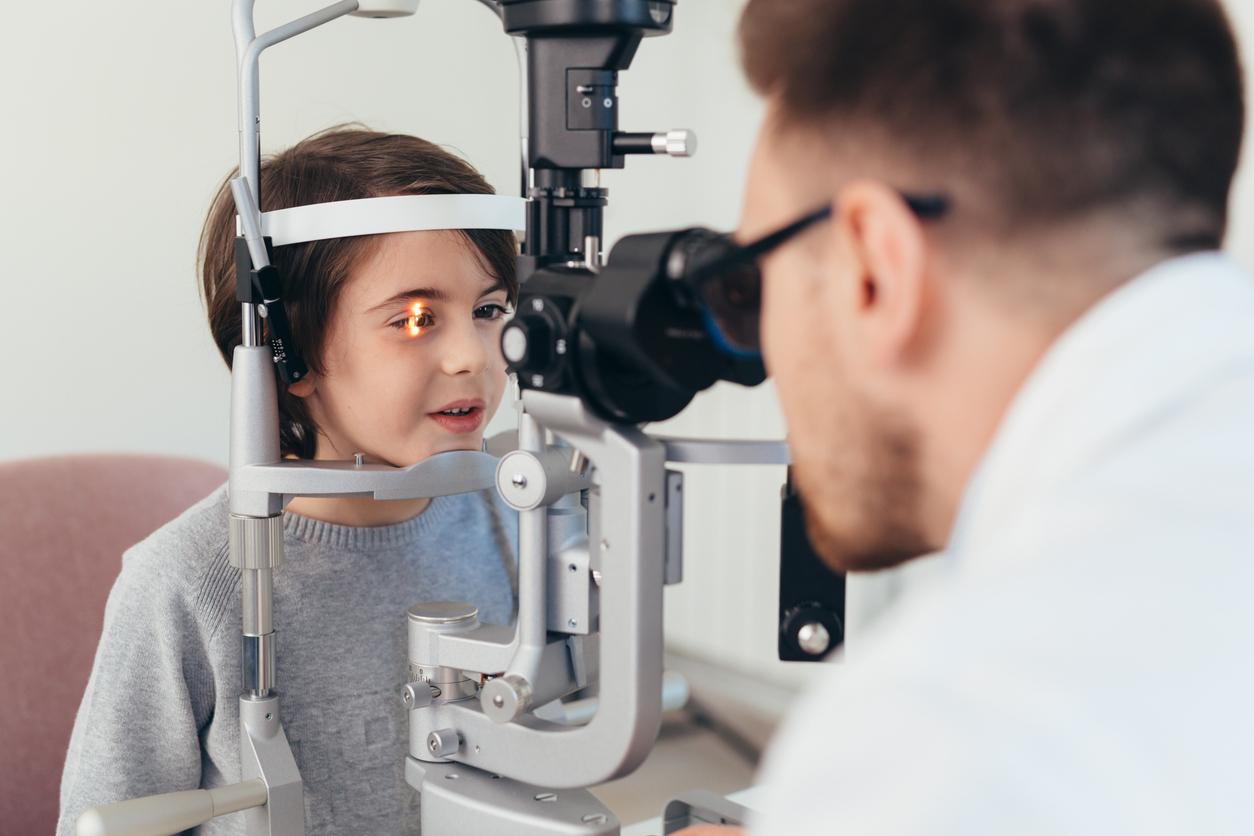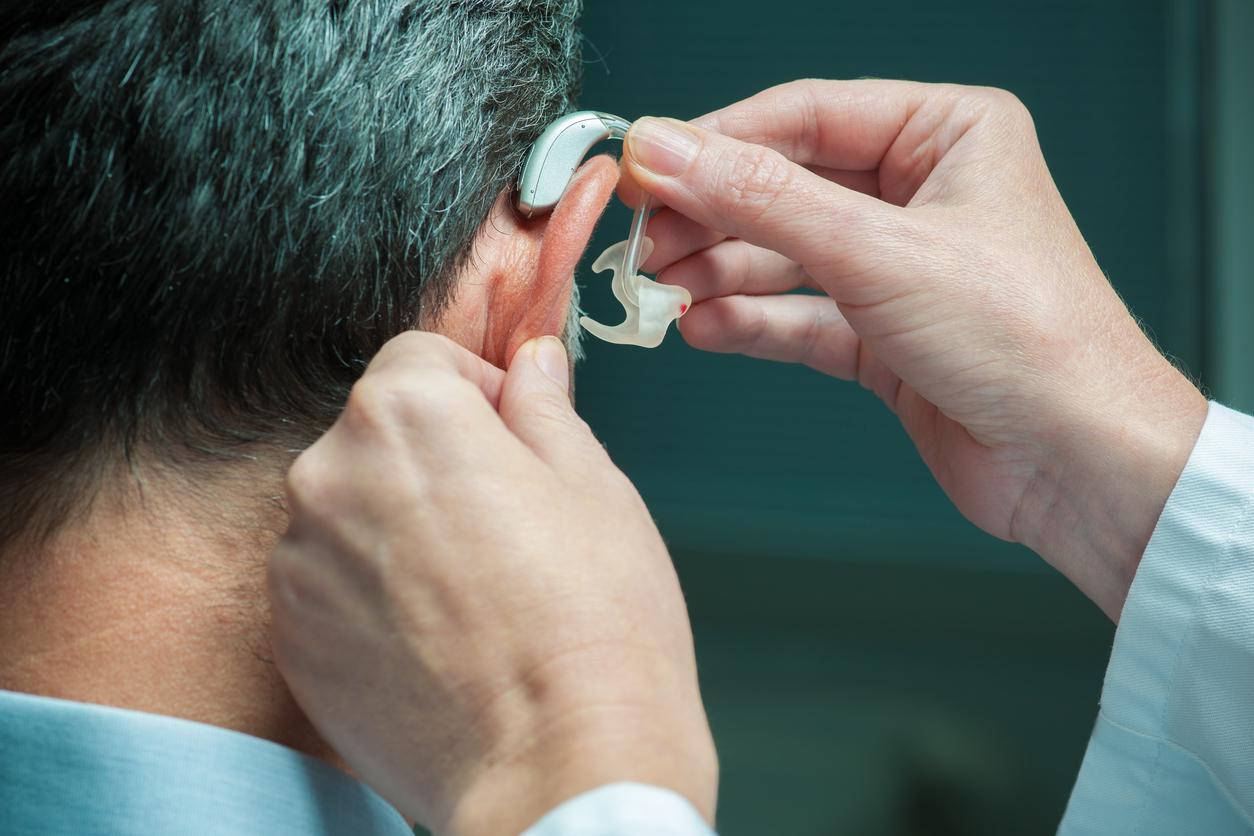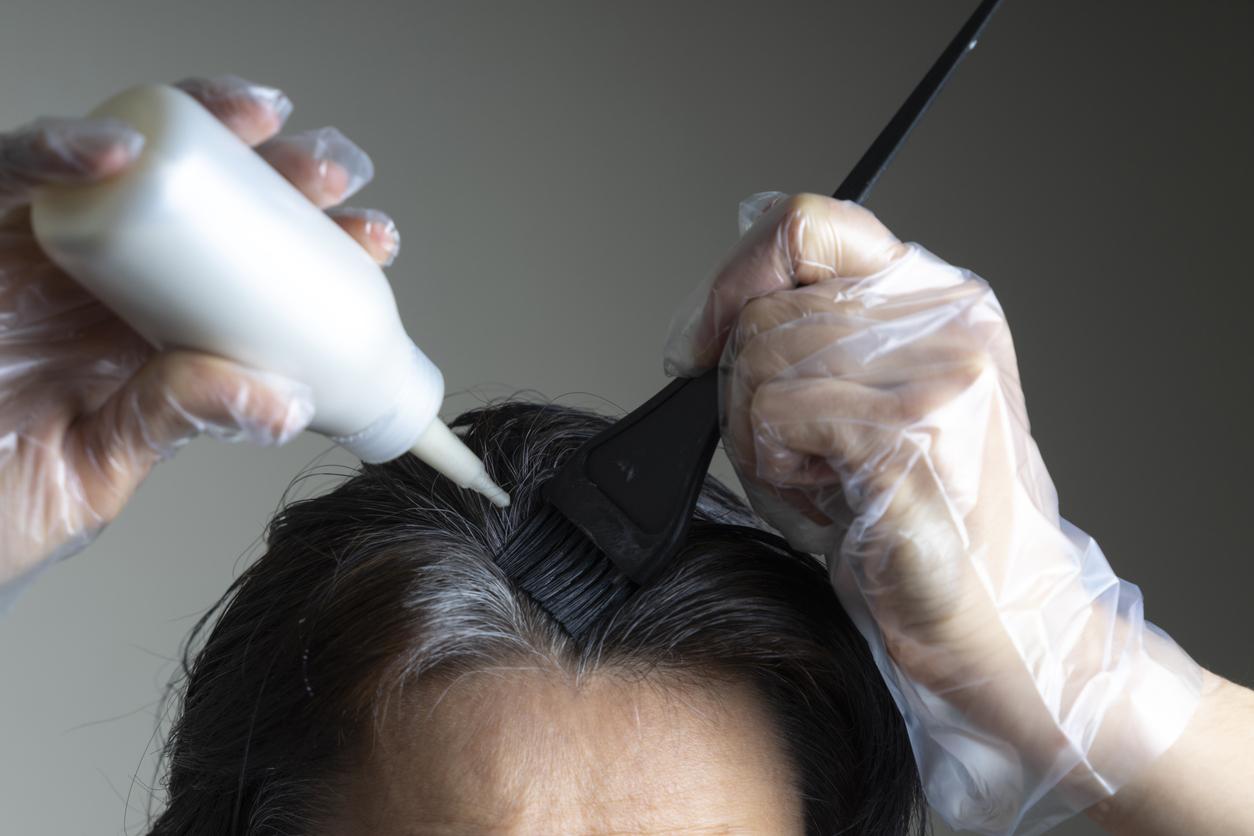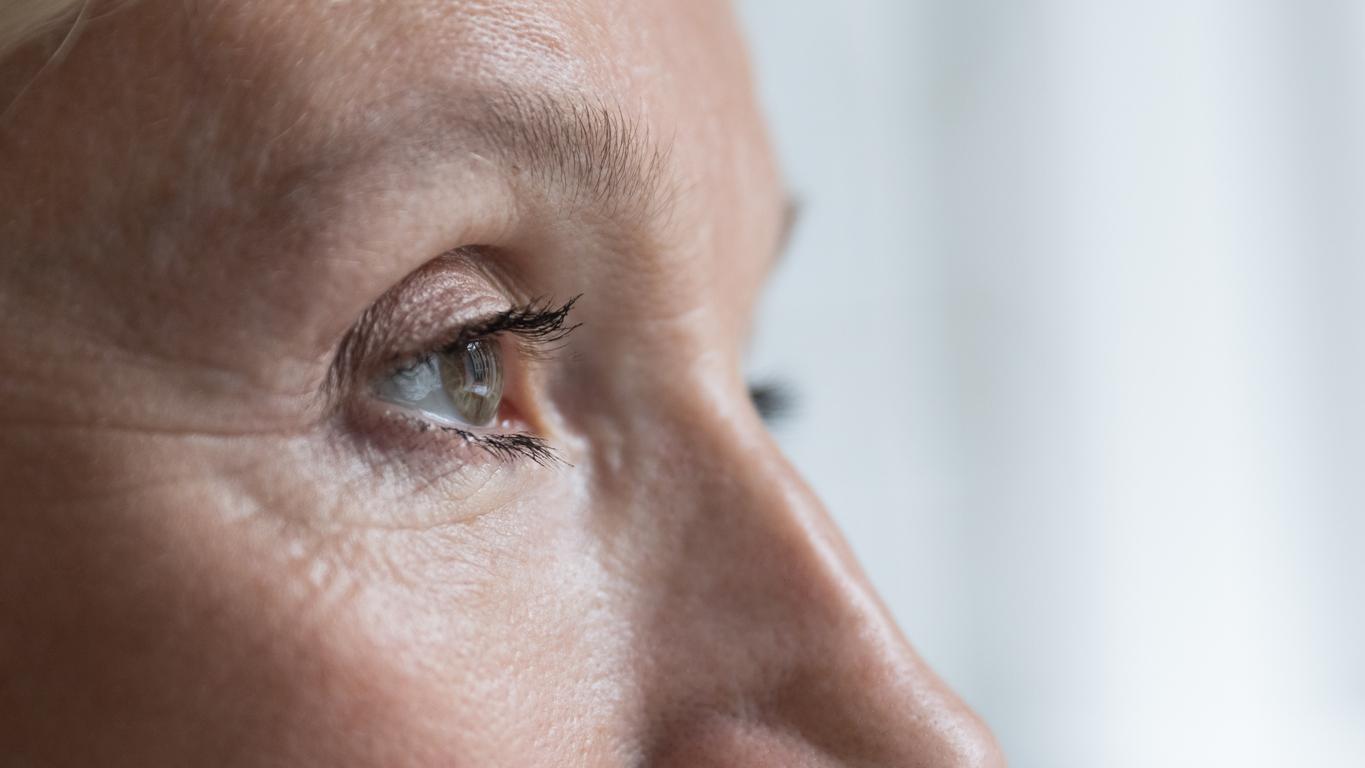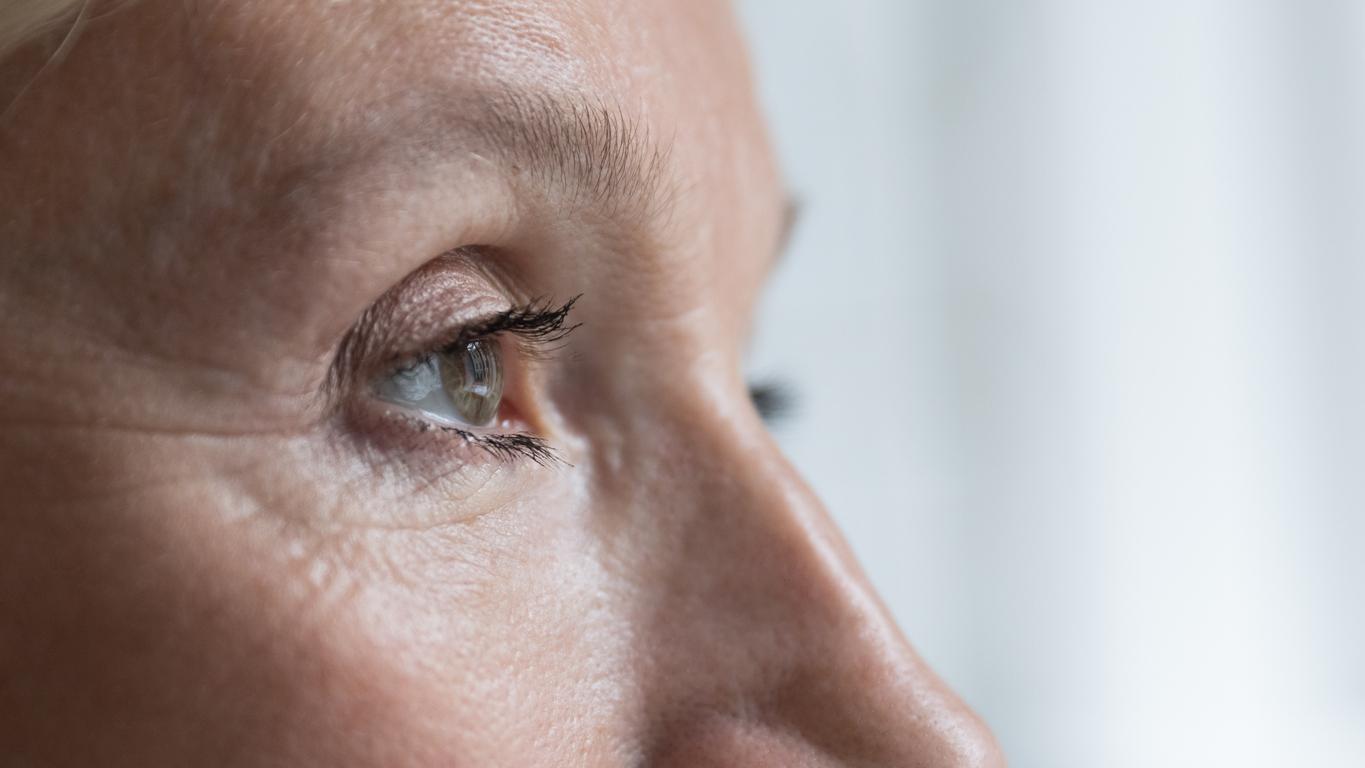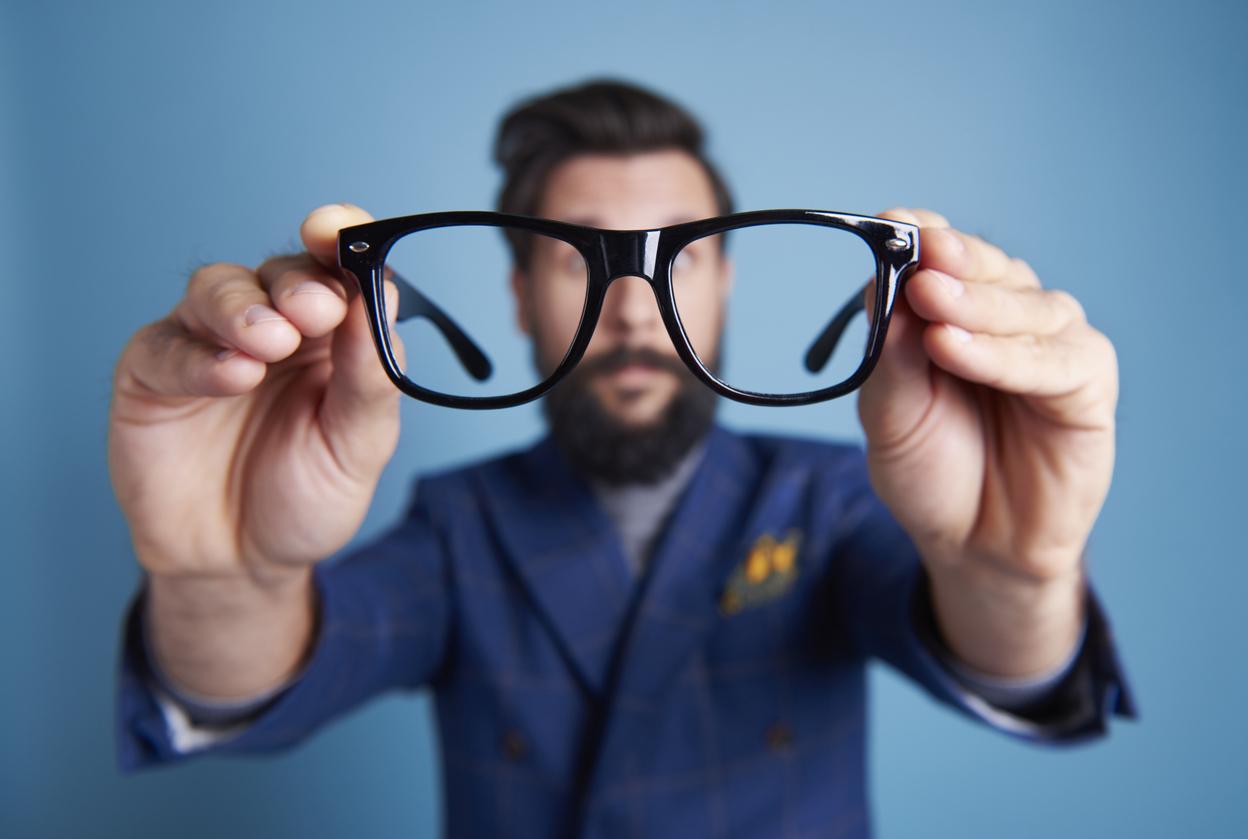Israeli researchers in ophthalmology have developed eye drops capable of repairing corneas and therefore improving the eyesight of people with myopia or hyperopia … who therefore no longer need glasses.

In France, 7 out of 10 people over the age of 20 wear glasses. According to a study by Israeli researchers from the Shaare Zedek Medical Center and the Institute for Nanotechnology and Advanced Materials at Bar-Ilan University, maybe these people could one day do without.
These scientists have indeed developed eye drops capable of improving the eyesight of people suffering from myopia and hyperopia. According to the presentation the Jerusalem Post who attended the presentation, this revolutionary product would be able to repair corneas.
Tested in the laboratory for two years on pigs, nanoparticles called “nanodrops” – a method which consists of introducing a drug solution into a duct (nose, ear, eye, etc.) drop by drop – have successfully improved the corneas.
Cleanse the cornea to improve eyesight
Dr David Smadja, head of the research team explains that by cleaning, disinfecting and treating the eye and the eye canal on a regular basis, a significant improvement in vision correction is observed. “These nanodrops use nanotechnology to improve vision,” he said at a lecture at the Steinberg Auditorium in Jerusalem on February 21.
These drops would even be an effective alternative to replace multifocal lenses and thus allow people to correctly see objects placed at different distances. But ofs clinical trials have yet to be conducted on humans in the coming months.
Europeans and their glasses
A report from the Department of Research, Studies, Evaluation and Statistics (DREES) advanced in 2017 that 7 in 10 French people over 20 years old wear glasses: 46% of 20-46 year olds have an impaired vision. Particularly because of screens (personal or professional use), the sun, exposure to too strong light, diabetes, stress, pollution, hypertension as well as family and medical history. With age, loss of vision is also very common.
A 2015 meta-analysis by researchers at King’s College London in the UK showed that almost half of Europeans suffer from myopia. This synthesis of 15 studies, carried out on more than 60,000 people in fifteen countries of the European Union, revealed that 47% of 25-29 year olds are myopic. This study had even shown that the prevalence of myopia is twice as important in people with a higher level of education.
.









